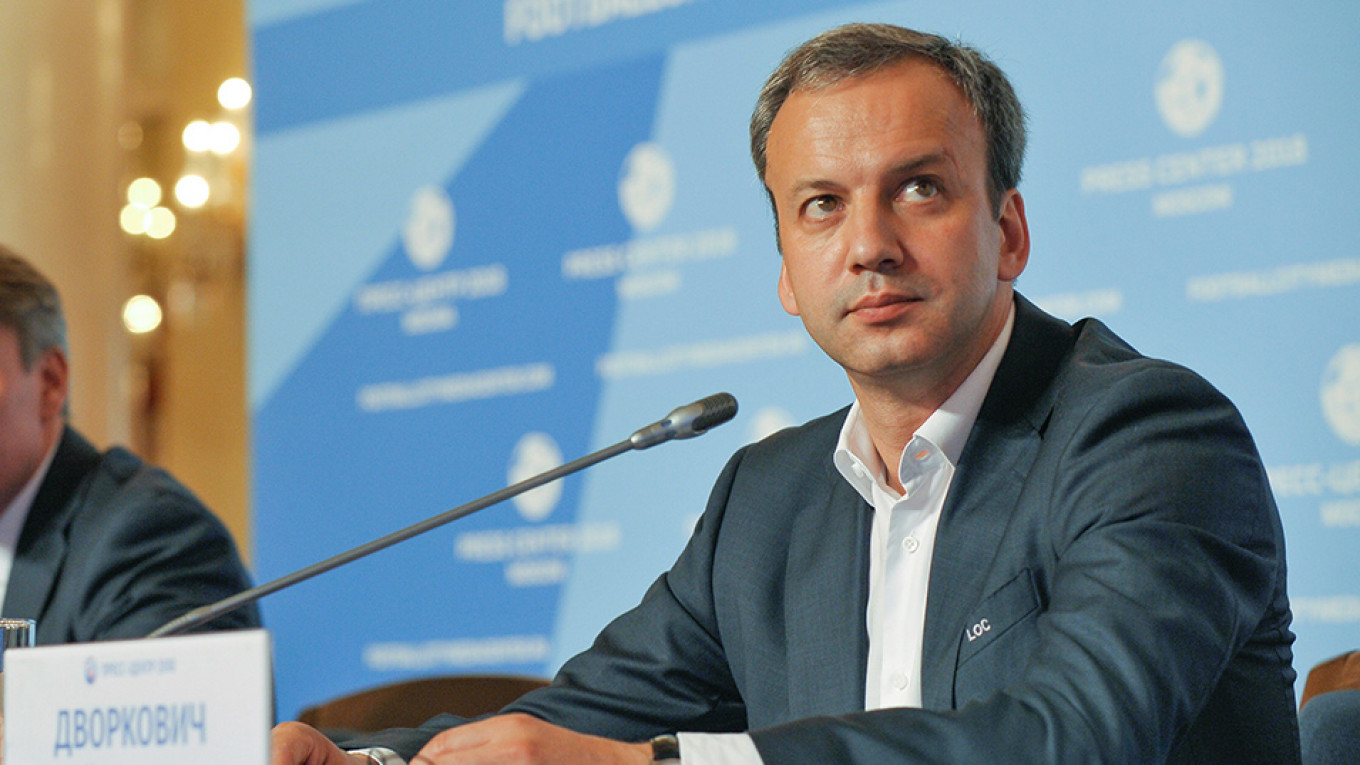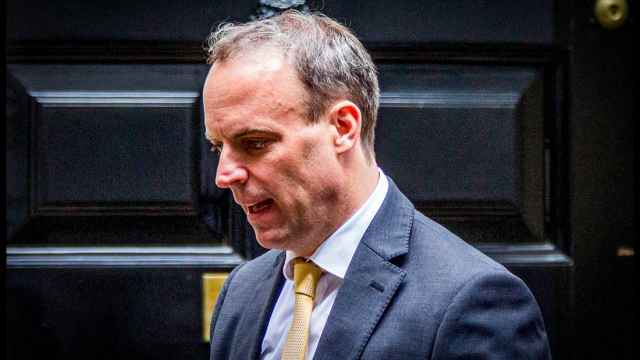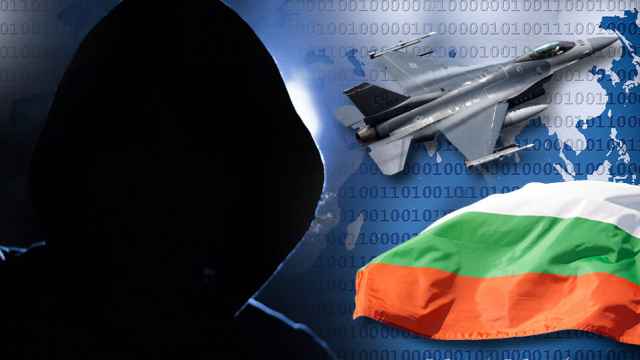Hundreds of thousands of Russians, including former government officials, have had their passport data posted online in the country’s latest massive data leak, the RBC news website cited new research as saying Wednesday.
The breach of at least eight government websites, analyzed by privacy expert Ivan Begtin, exposed the passport data of 360,000 people. Last month, Begtin disclosed that 2.2 million passport entries taken from online marketing websites were openly available online.
Affected officials in the latest analysis include deputy chairman of the State Duma Alexander Zhukov, former deputy prime minister Arkady Dvorkovich, and former reformist deputy prime minister Anatoly Chubais, who is currently the head of state-owned nanotechnology agency Rosnano.
“The reason [for the leak] is the officials’ reluctance to do anything, although they are aware of the … lack of professionalism in the development of IT systems,” RBC quoted Begtin as saying.
The Federal Treasury, where 300,000 of the leaked entries that Begtin analyzed originated from, told RBC it will “take measures to prevent this from happening again, if necessary.”
Begtin wrote on Facebook that he turned over the data to RBC eight months after tipping off the government agencies — only to be ignored — and informing Russia’s communications regulator of the breaches.
Russian law imposes fines of 75,000 rubles ($1,150) per individual whose personal data is leaked online against those found guilty of the breach.
Late last year, the cellphone numbers and addresses of an unnamed high-ranking Russian government official, a well-known film director and a leading businessman's relative were uploaded onto an international database following a high-profile data leak.
A Message from The Moscow Times:
Dear readers,
We are facing unprecedented challenges. Russia's Prosecutor General's Office has designated The Moscow Times as an "undesirable" organization, criminalizing our work and putting our staff at risk of prosecution. This follows our earlier unjust labeling as a "foreign agent."
These actions are direct attempts to silence independent journalism in Russia. The authorities claim our work "discredits the decisions of the Russian leadership." We see things differently: we strive to provide accurate, unbiased reporting on Russia.
We, the journalists of The Moscow Times, refuse to be silenced. But to continue our work, we need your help.
Your support, no matter how small, makes a world of difference. If you can, please support us monthly starting from just $2. It's quick to set up, and every contribution makes a significant impact.
By supporting The Moscow Times, you're defending open, independent journalism in the face of repression. Thank you for standing with us.
Remind me later.






